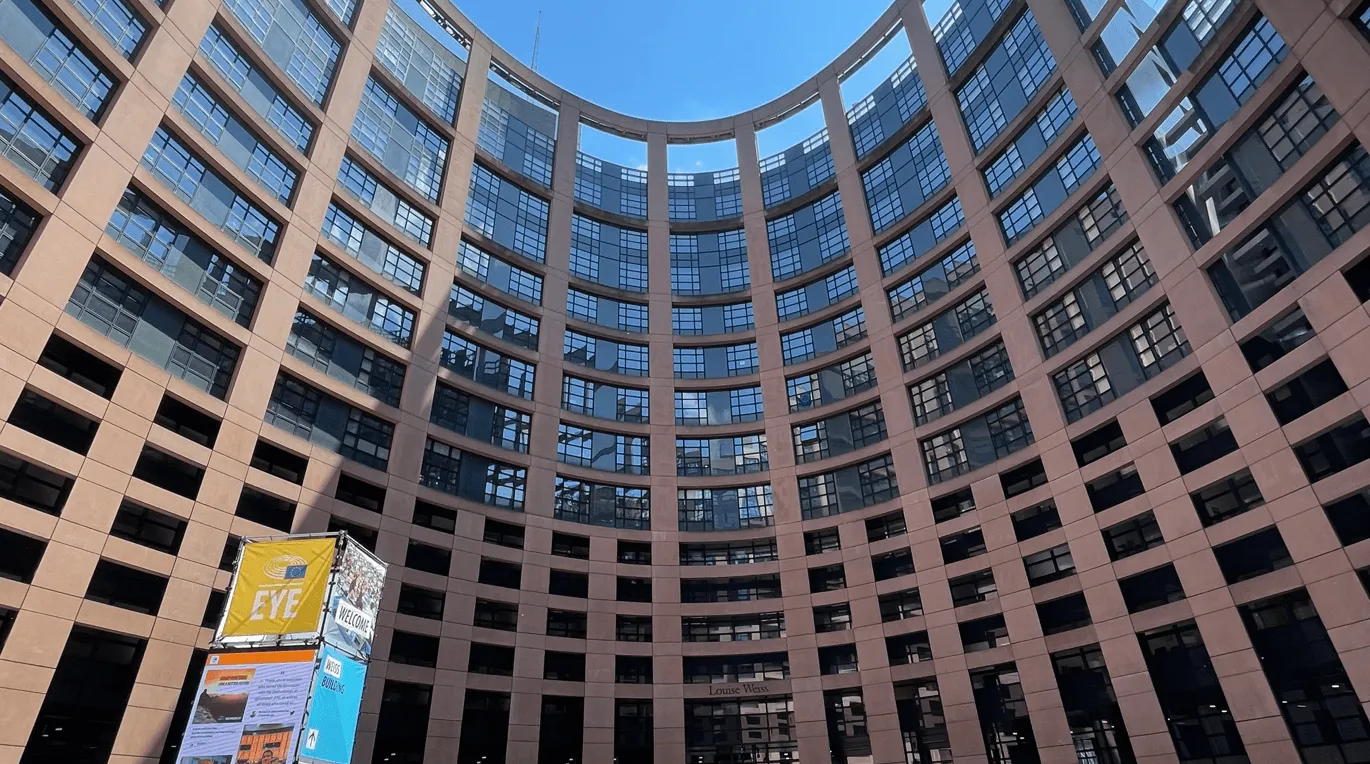A Tale of Two Europes - Paths of Older and Newer Democracies Diverge

Disclaimer: Opinions expressed in this commentary are those of the authors and do not necessarily represent the institutional position of International IDEA, its Board of Advisers or its Council of Member States.
The landscape of European democracy is shifting as emerging democracies in Central Europe show notable progress and long-standing democracies, typically regarded as exemplars, grapple with declines. In many cases, informal institutions like civil society have played pivotal roles, especially where formal institutions struggle to ensure popular priorities are featured in decision-making. Ultimately, the European Union’s role in promoting democracy externally and safeguarding it internally remains crucial for the stability and future of democracy in the region.
Deterioration in long-standing democracies
Although Europe remains the strongest-performing region in the Global State of Democracy (GSoD) Indices, there has been concerning deterioration in some of the region’s long-standing high performers over the past five years (2017-2022), including Austria, Luxembourg, the Netherlands, Portugal and the United Kingdom, a reminder of the importance of constant vigilance in future-proofing democracy.
The most common declines impacted factors of the Rule of Law and Civil Liberties such as Freedom of the Press. Former Austrian Chancellor Sebastian Kurz was implicated in schemes to shut down critical media and purchase positive coverage by using public funds through the Ministry of Finance. Weakened institutions also led to declines in Predictable Enforcement in the United Kingdom, as Members of Parliament were involved in breaches of ethics rules and alleged abuse of public office. In high-performing Portugal, which was responsible for half of all declines in Southern Europe (across 11 democratic indicators), experts have expressed concerns about the surveillance of journalists. These governments, pro-democracy activists and support community members should not be complacent as established democracies struggle with the "basics" of democracy, and should take action to stem declines if they hope to sustain existing high performance levels.
Positive signals in Central Europe
Despite declines in long-standing democracies, as well as in Hungary and Poland, there is cause for optimism. Central Europe is emerging as a new hub for democratic growth, with notable five-year improvements (2017-2022) in eight countries (Bulgaria, Czechia, Kosovo, Latvia, Lithuania, North Macedonia, Romania and Slovakia). In 2021–2022, Central European countries accounted for 80 per cent of Europe's notable democratic advances. Slovenia alone accounted for 45 per cent of increases in this period, and Czechia for 20 per cent of the increases. In addition to the introduction of reforms aimed at protecting the media and expanding minority rights, Slovenia also legalized same-sex marriage in 2022. Both countries are models of democratic renewal, after liberal leaders, aided by robust civic mobilization, replaced populists in elections that were deemed referendums on democracy.
In the Western Balkans, informal institutions such as civil society and grassroots movements, and occasionally oversight institutions such as independent media, are often taking the lead in upholding democracy as formal institutions encounter challenges, particularly due to corruption or state capture. Recent popular mobilizations have organized around issues affecting citizens’ daily lives, such as violence, pollution or environmental degradation. Protests in Kosovo led to tougher criminal penalties for rape and domestic violence and the classification of virginity testing as a new criminal offence. In Serbia, a series of mass demonstrations (the biggest since the fall of Slobodan Milošević) against recent mass shootings and a wider culture of violence, although not entirely successful, are an example of movements with the potential to gradually ignite change.
The EU’s role in shaping democracy
In addition to national institutions, the region counts on the EU as an extra layer of oversight in holding member states to certain principles and standards of democracy that form the foundation of the Union and guide its commitment to external democracy promotion.
In 2023, notwithstanding its well-known limitations and imperfections, including the European Parliament Qatargate scandal, the Union generally assumed a proactive and influential approach. While internally, the EU took major steps in its long-running rule of law dispute with Hungary and Poland, the European Commission continues to tread carefully around backsliding member states to maintain the necessary consensus and avoid political backlash. Externally, the EU’s actions to mobilize support for Ukraine, and to revive the enlargement process are positive signals.
In light of Azerbaijan, Belarus, Russia and Türkiye drifting further away from the rest of Europe, with their democratic indicators consistently falling below the European average, it is imperative for the EU to utilize its mechanisms, including sanctions and other trade and security-related instruments to penalize non-democratic leaders. This also involves rewarding and incentivizing countries that demonstrate progress in democratic performance, especially via the enlargement process. This would both strengthen the credibility of the EU and the democracy of aspiring EU countries (along with pro-EU actors in these countries). Failure to do so will put at risk the security of the region along with years of democracy support, especially in parts of Eastern Europe and in the Western Balkans.





